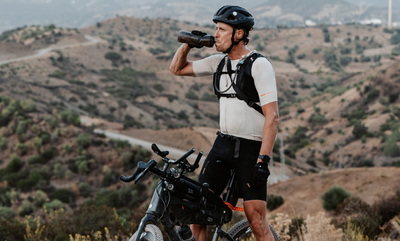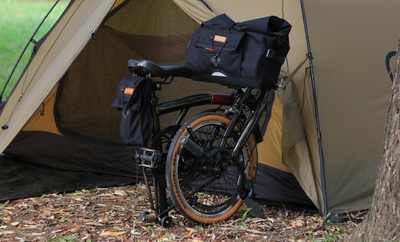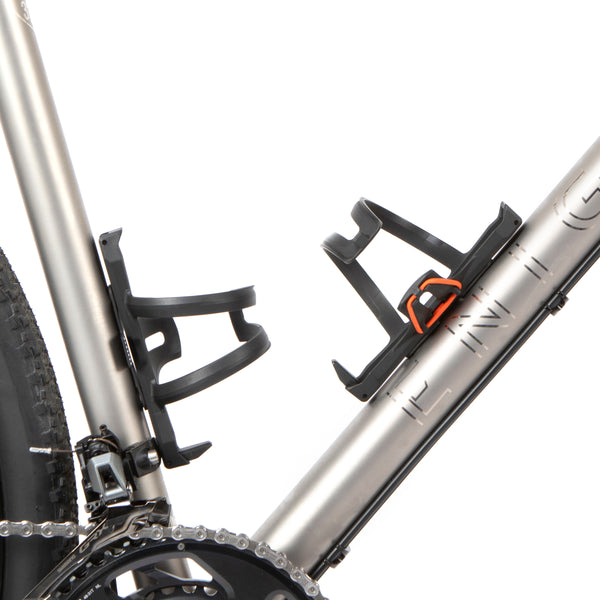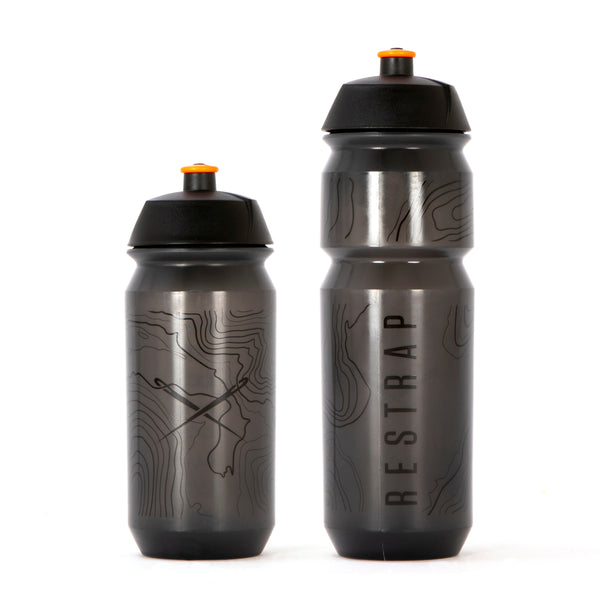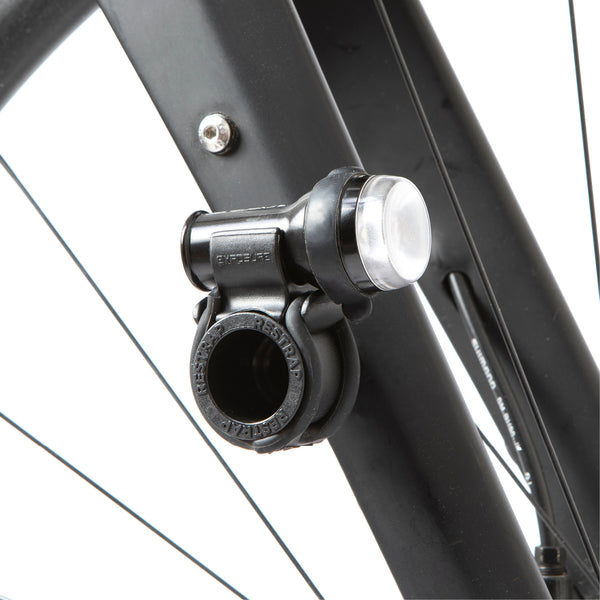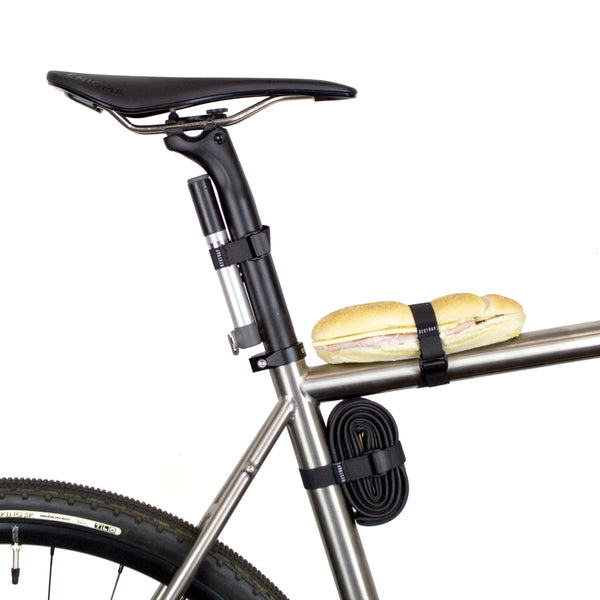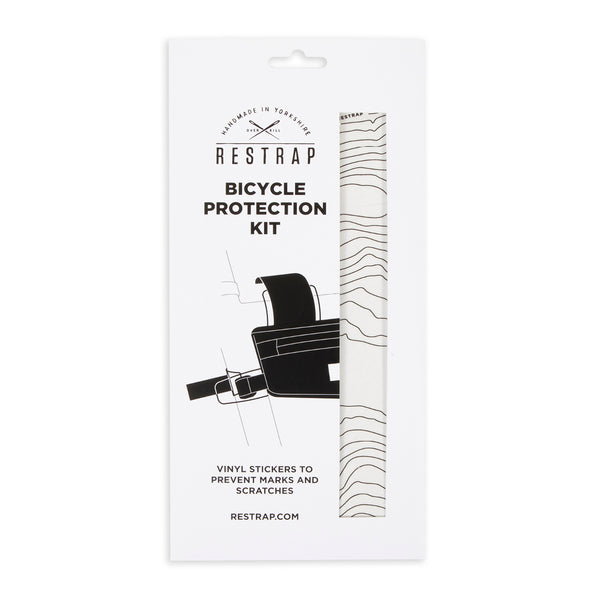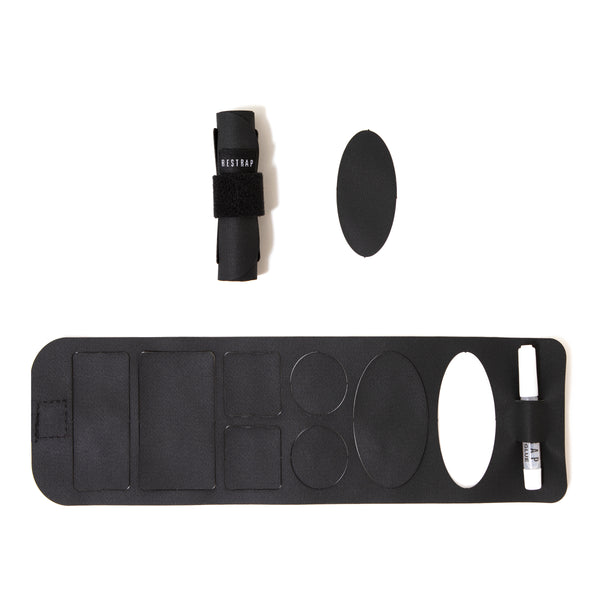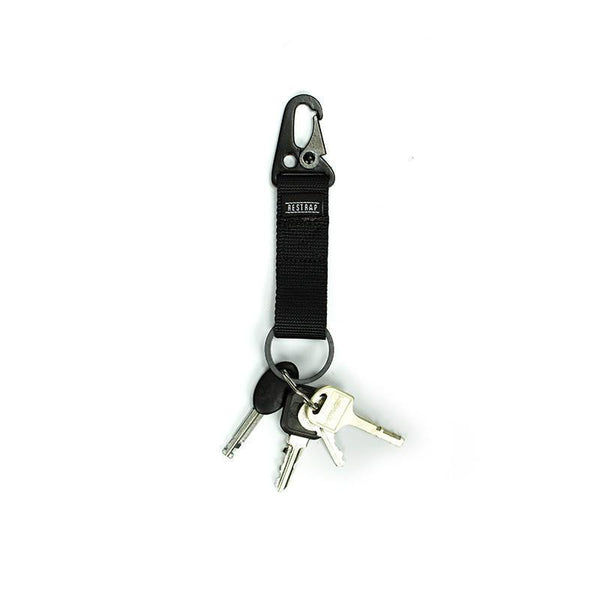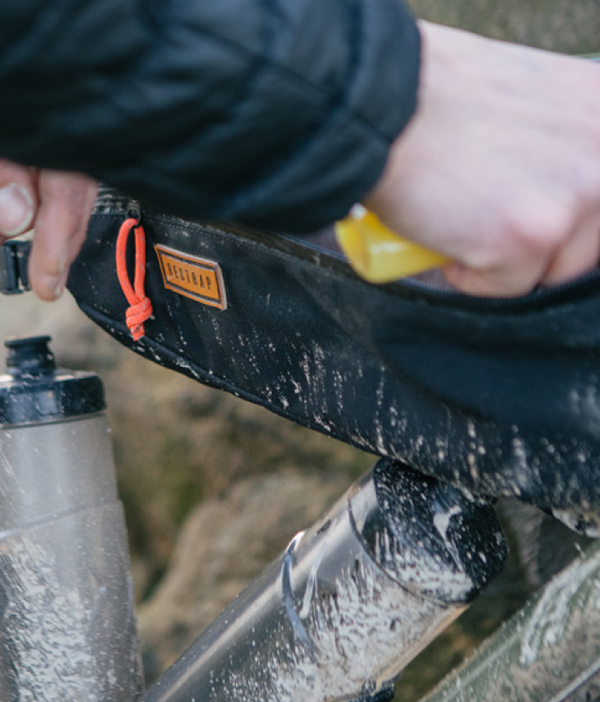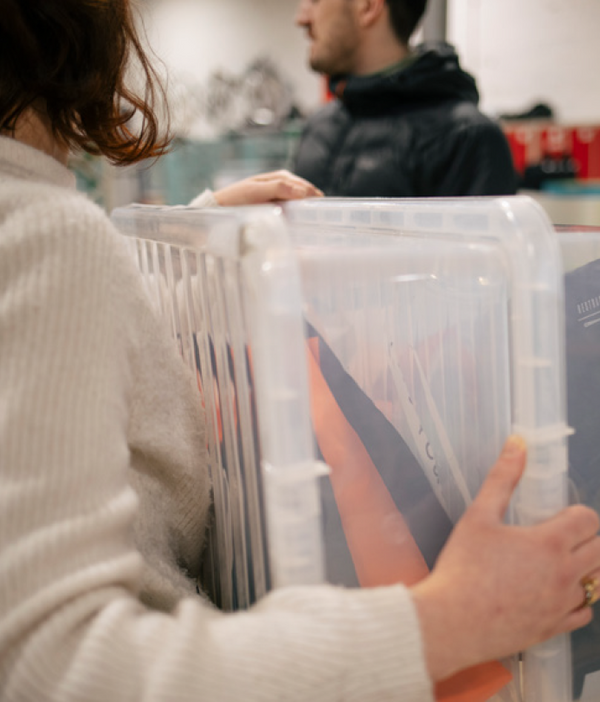Your cart is empty!
Life cycles

When I tell people that I’m cycling across America they often assume that I live in lycra and that I’m out on the bike every weekend. The reality is that my love affair with cycling is a bit more Ross and Rachel. Since my teenage years I have regularly planned a long charity ride, trained for it, done it, and then left my bike unloved and forgotten in the garage for several years. Then the bug will strike me again - I'll pump up the tyres and set off onto another adventure.

So far I've cycled LEJOG twice - once at the age of 17 with my dad in a camper van supporting me, and once at the age of 25 on my own. I've cycled from my home town to London and back. In total I've cycled over 2500 miles and raised £15,000 for charity, mostly the Multiple Sclerosis Society. And now I'm training for my greatest challenge - cycling from coast to coast across the United States on my own.
I can't remember when I decided to cycle across America. I must have been thinking about it for a while, as I remember talking about it to an old colleague in 2016. Perhaps I first thought about it after my last major ride, cycling LEJOG in 2014. But it was a vague dream - an outline of what I could do if I wanted to instead of just sitting at my desk until I retired. And that it remained - a half formed idea in the back of my mind tucked away for a rainy day.
That rainy day came in 2017. I’d started an exciting new job supporting a small charity who were planning on relocating to the UK. Unfortunately that move ended up not taking place and I ended up stuck in limbo - the only employee in this country. My desk was surrounded by 7 empty ones. I started working from home as there was no need to travel all the way to an empty office. I was spending most of my waking time alone. I was getting indigestion regularly and would often find myself wringing my hands.
My wife - who has had her own mental health issues - made me go and see the GP. I thought I might get stronger indigestion tablets. Instead I was told I probably had depression with anxious tendencies and offered antidepressants. I was stunned - I had always considered my rock. I had been there for other people all my life, and so the idea that I was now the one who needed help was so alien to me - so unexpected - that I didn’t know how to respond. I felt completely lost. My depression cut out the little exercise I got every day walking to work, so I was unfit and unhappy about how I looked.
One of the things I did know was that keeping everything to myself was a recipe for disaster. So I started sharing my story, writing blogs and posting on social media. This helped me process the thoughts that I was feeling, and let me know I wasn't alone. I was amazed at how me sharing my story helped other people come out of their shells.
Everytime I shared something personal friends would reach out to me to make sure I was OK, and to share their own experiences. My friends were my support network as our underfunded NHS was unable to provide me with the support I needed in a timely manner. By the time I met a counsellor 3 months after self-referring my situation had changed completely. I had gone from needing a space to talk to needing support for a mental health crisis, and I just wasn't able to get that.
On bad days I thought about walking away from all my problems - just getting up and leaving the house. On the worst days I got to thinking that perhaps the easiest way out would be to take my own life.
Luckily, these thoughts scared me.
Luckily, I was already talking with friends and family about my mental health.
Luckily my wife had already experienced mental health and so could understand what was happening inside my head.
Things reached a head whilst we were attending a friend's wedding in San Francisco. You know when you go on holiday and have a feeling that you don't want to go home? I had an extreme version of that. Thinking of returning home to work in my empty office would bring about an adrenaline rush, a cold sweat, an elevated heart rate - it kept me up at night and stopped me from enjoying what could have been the holiday of a lifetime. Every time I thought of returning home I had this sense of impending doom. My feelings are best summed up in a blog I wrote at the time:
“I just – I know who I am, and right now, I’m not who I am. And I’m lost. And I don’t know how to get back.”
I was ready to take a risk. And so it was that I found myself in San Francisco telling the voices in my head that they wouldn't win. That they couldn't beat me. That one day I would find my way back to the person I was - and that when I had done that and got a job and could face the world with a smile on my face I would kick my depression up the arse by cycling across America to raise another £20,000 for charity and use my own journey to help others by raising awareness of mental health and why we need to make talking about it normal.
This gave me something to aim for - another rope to cling on to as I pulled myself out of depression. Oh, and I decided to run the London Marathon as well, despite never having run before.
Now, 2 years later, I’m less than 5 months away from getting on a plane to New York.

I’ll spend 3 months cycling nearly 4000 miles across America, starting from the tip of Cape Cod where the Pilgrims first set foot on American soil in the 400th anniversary year of their landing. My journey will take me across 3 mountain ranges and through 18 states. I’ll be cycling about 50 miles a day - which isn't that far for a cycle tour - but it allows me time to give talks about my journey and the importance of being open about mental health to schools and other community groups on route.
I’ll be hitting lots of major cities - New York, Washington DC, Detroit, Chicago, San Francisco. I’m hoping to meet lots of amazing people, and am planning to spend as many nights as possible staying with people who will give me a room for the night - allowing me to get a real insight into the nature of America today whilst also giving me the human contact that I know I desperately need for my own mental health. It’s not going to be easy - but for me it is the final stage of my recovery, for two reasons.
The first of these is that setting myself an ambitious target and achieving it has helped to bring purpose back to my life. I'm not just coasting through life, but grabbing it by the horns and using my limited time on this planet to make a difference.

The second is that I find cycling an incredibly mindful activity. Whether I'm pedalling along a country lane or through the centre of a city I don't have time to worry about a student who's struggling at work or doing the shopping or politics or mum. All of my attention is focused in the moment - on turning the pedals, on avoiding potholes, on enjoying the view, navigation. I can switch out all the little voices that nag me in the back of my mind.
I now work in student support at University and one of the things that I do is proactively raising awareness of mental health and what we can do to look after our own wellbeing. Mindfulness is one of 5 evidence based “ways to wellbeing” - alongside being active, connection, learning, and giving. Sure, I’m raising money for charity and awareness of mental health, but in some ways this is quite a selfish journey.

I’d like to leave you with two final thoughts. My main message in the talks I give is the importance of being open - of talking about how we are feeling and accepting that it’s OK not to be OK. For lots of people - especially young people - this is an important and powerful message. Lots of people still don’t feel confident sharing their mental health experiences and we need to keep on tackling stigma. But of course we need to do more than this.
Working with university students I see lots of people who need more than a course of counselling - who need regular mental health support, CBT, psychotherapy, specialist post-trauma support. Now the UK is better than lots of places (thanks NHS!) but we need to do better. I often meet students who know they are waiting 6 months or more for the support that they need to succeed in life.
I know from my own experience of mild depression that the three months from self-referral a first appointment is damaging. When I self-referred I was a bit under the weather. 3 months later I was facing down unemployment and having suicidal thoughts. We need to find a way to get better at this - but I’m one person and I can only do so much. So my hope is that by raising awareness - by making talking about mental health normal - pressure will also grow for better mental health support.

Secondly, I just want to share a few thoughts on what it means to be a mental health blogger/communicator/campaigner/activist (I’m not quite sure which one of these titles I fall under). So far I’m quite lucky - my activities are low-level enough that they haven’t picked up much negative feedback. But I understand that this world we live in means that as I continue to share my experiences I will eventually bump into people who think I am wrong, and I will bump into some people who will be nasty to me.
I’ve seen this happen to other MH bloggers like and it saddens me that there are some people who feel that there isn’t enough pain in the world already. But I also know that when you are talking about something intensely personal it’s hard to brush off criticism.
If you’d like to stay in touch and keep an eye on my journey
www.facebook.com/antonyacrossamerica
www.instagram.com/antonyacrossamerica
www.twitter.com/AntonyAcrossUS
www.tinyletter.com/antonyjcbutcher
And of course, if you’d like to contribute to my fundraising you can do this at:















